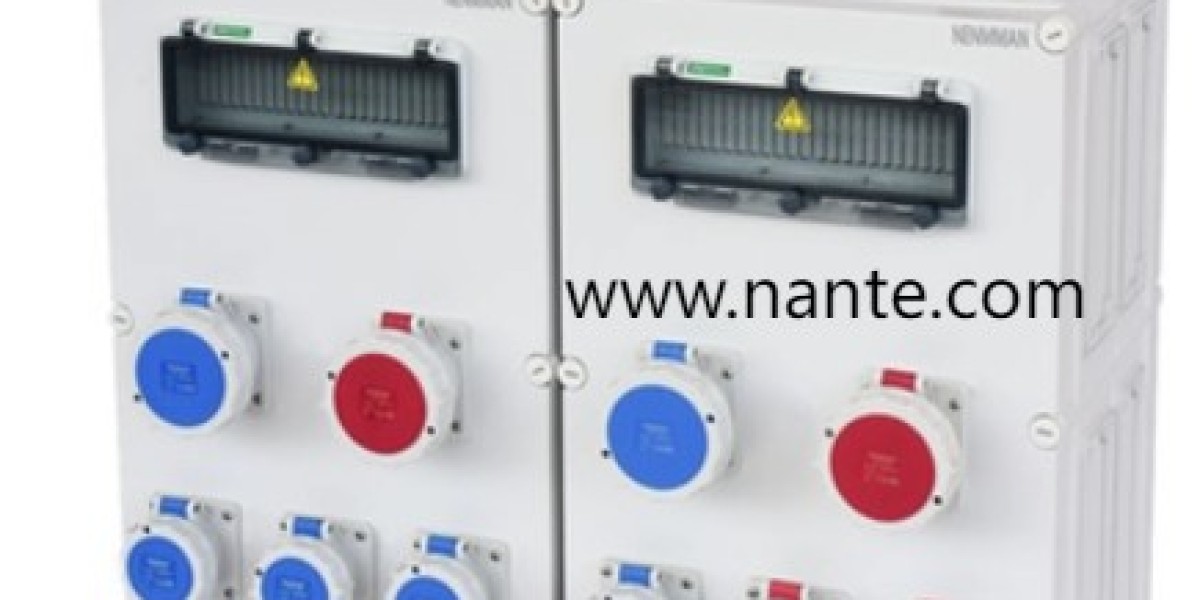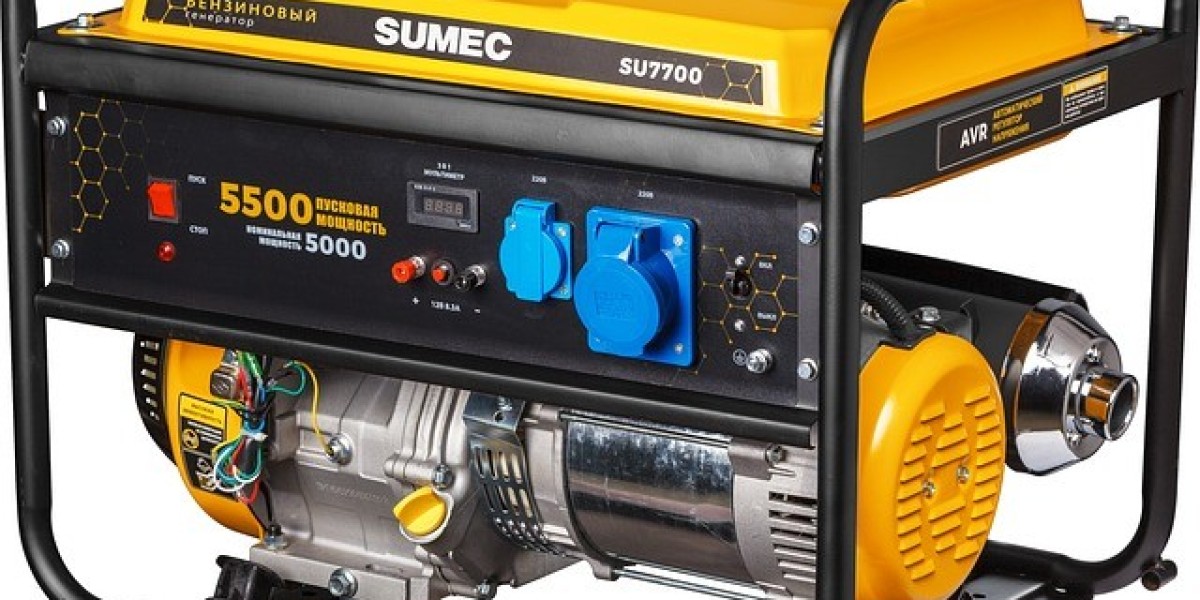Mass Flow Controllers: Precision Flow Control for Modern Industries
In industrial processes where accuracy and consistency are mission-critical, Mass Flow Controllers (MFCs) Market Growth have become essential tools. These devices precisely measure and regulate the flow of gases or liquids, ensuring optimal process conditions in sectors ranging from semiconductors to biotechnology.
As industries embrace automation, data-driven operations, and tighter quality control, the demand for reliable and high-performance MFCs continues to grow—making them a cornerstone of modern fluid handling systems.
What Is a Mass Flow Controller?
A Mass Flow Controller is a closed-loop control device that measures and regulates the flow rate of fluids (primarily gases) in terms of mass per unit time (e.g., standard cubic centimeters per minute, or sccm). Unlike volumetric flow meters, MFCs account for temperature and pressure variations, making them significantly more accurate in dynamic environments.
A typical MFC consists of:
A flow sensor
A control valve
An electronic controller
Digital or analog output signals for communication
Once a desired flow setpoint is entered, the MFC continuously adjusts the valve to maintain the set flow rate in real-time.
Key Features and Capabilities
High Accuracy and Repeatability: ±1% or better in most high-end models
Fast Response Times: Ideal for processes that require rapid changes in flow
Multi-Gas Compatibility: Some models can be programmed to control different gases
Digital Control Interfaces: Support for analog, RS-485, Profibus, EtherCAT, and other protocols
Self-Diagnostics and Alarms: Enable real-time monitoring and maintenance
Common Applications
? Semiconductor Manufacturing
Deliver precise flows of reactive gases for etching, deposition, and doping processes
⚗️ Chemical and Pharmaceutical Processing
Control flow rates in reactors and blending systems for batch or continuous operations
?️ Analytical Instruments
Regulate gas flow in mass spectrometers, gas chromatographs, and environmental analyzers
⚙️ Industrial Automation
Monitor and control flows in combustion systems, fuel cells, and leak testing setups
? Biotechnology & Bioprocessing
Supply gases like oxygen and CO₂ to bioreactors with precise control for cell growth
? Research and Development
Enable accurate flow experiments in academic and industrial labs
Types of Mass Flow Controllers
Thermal Mass Flow Controllers:
Use a heated sensor to detect flow by measuring temperature differential
Common for gases; highly accurate and widely used
Coriolis Mass Flow Controllers:
Measure actual mass flow via the Coriolis effect
Suitable for both gases and liquids; higher cost, but unmatched precision
Pressure-Based MFCs (DP Flow Controllers):
Use differential pressure measurement to estimate flow
Lower cost but less accurate for some applications
Advantages of Mass Flow Controllers
✅ Real-Time Control: Instant adjustment to changes in setpoint or process conditions
✅ Stable and Reliable: Withstands pressure fluctuations and temperature shifts
✅ Compact and Modular: Easily integrated into skids, tools, and benchtop systems
✅ Reduced Waste: Optimizes gas usage and lowers operational costs
✅ Regulatory Compliance: Supports documentation and traceability for GMP and ISO standards
Market Growth Outlook
The global mass flow controller Market Growth is growing steadily, driven by:
Expanding semiconductor and electronics industries
Rise in clean energy applications (e.g., hydrogen fuel cells)
Automation of laboratory and process equipment
Stringent quality and environmental standards
Analysts project the Market Growth to grow at a CAGR of 6–8% from 2024 to 2032, with Asia-Pacific expected to lead due to industrial expansion and R&D investments.
Leading Manufacturers
Prominent MFC providers include:
Brooks Instrument
MKS Instruments
HORIBA Scientific
Bronkhorst High-Tech
Alicat Scientific
Sensirion AG
These companies are innovating with digital mass flow controllers, multi-gas/multi-range models, and integrated IoT-ready platforms.
Future Trends
Smart MFCs: Integration with Industry 4.0, predictive diagnostics, and wireless control
Miniaturization: Compact MFCs for lab-on-chip and portable instrumentation
Eco-Design: Lower energy consumption and sustainable manufacturing
AI-Based Tuning: Adaptive control loops for optimized gas delivery in complex systems
Conclusion
In an increasingly automated and precision-driven industrial world, Mass Flow Controllers are more than just flow regulators—they are enablers of efficiency, innovation, and control. Whether it’s enabling the creation of microchips or optimizing pharmaceutical production, MFCs ensure that the right material, in the right amount, flows at the right time.
As technology evolves, so will the intelligence, accuracy, and role of MFCs—paving the way for smarter, more responsive industrial systems.
Read More


